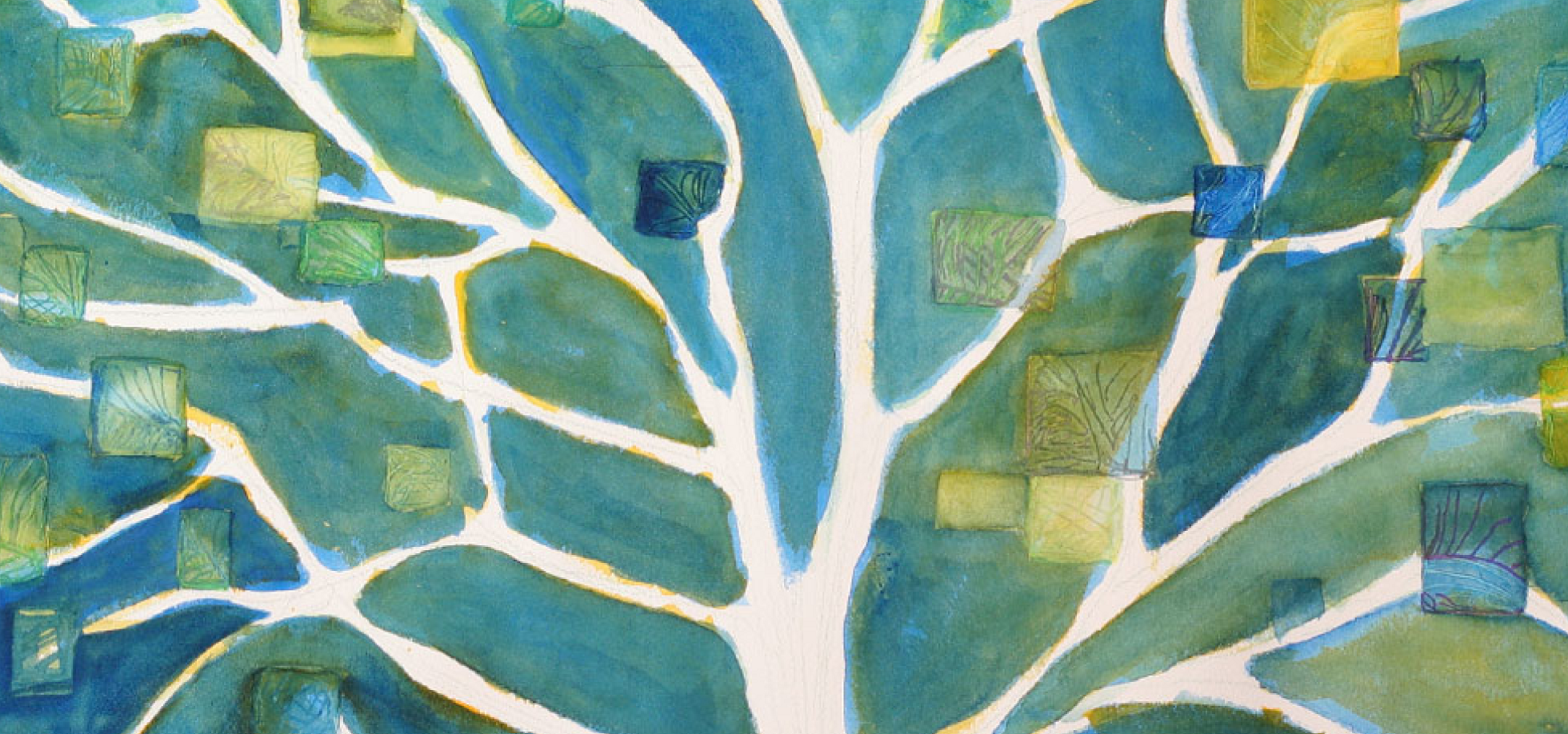
Many of the discoveries of psychoanalysis (the unconscious, transference, childhood sexuality, the super-ego) have become so accepted in Western culture that they are part of the general attitude to life. Yet, at the same time, critics of psychoanalysis claim that psychoanalysis is not a science, or that its 'discoveries' are artefacts, or that it is a flawed or a pseudo-science: perhaps a belief or religious system. Freud was clear about it: it is a science; what else could it be? This module critically examines the ways that knowledge is – and has been – generated in psychoanalysis, specifically in psychoanalytic practice, that is, in the psychoanalytic process.
In other modules, you are exploring the context in which psychoanalysis originated, aiming to address the issue of how it stands apart from its context. You are also looking in depth into psychoanalytic theory and exploring the way it enhances our understanding of groups, organizations and culture.
In this module, in contrast, we will examine psychoanalysis from the outside, from the perspective of the philosophy of science. We will first critically explore Freud's methodology for the construction of his theories. We will subsequently read some of the main criticisms and reinterpretations of his theories.
Psychoanalysis is located at the edge of the two traditions classically called Aristotelian and Galilean. We will attempt to understand what this means for the psychoanalytic claims of scientificity and, based on that assessment, on what type of methodology is most suited to study it objects.
Aims
The module sets out to provide an opportunity for students:
* To debate the nature of psychoanalytic evidence
* To review claims of psychoanalytic writers for the validity of their observations and conclusions
* To examine the relations between psychoanalysis and the ideas and theories of other fields of study.
Learning Outcomes
By the end of the module students should be able to:
* Demonstrate an understanding of the methods of generating knowledge from clinical practice
* Engage in critical analysis of psychoanalytic discoveries, on the basis of debates arising both in the psychoanalytic literature and brought to the psychoanalytical literature (eg from philosophy).
- Module Supervisor: Leonardo Niro